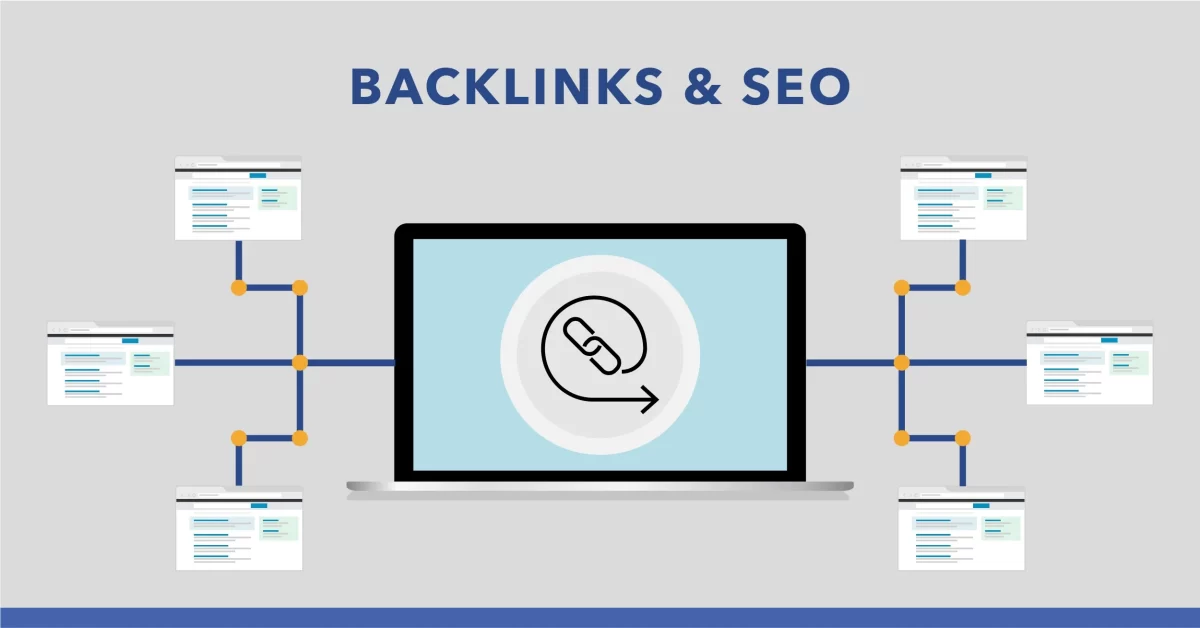Defining a “good” SEO score depends on a few factors:
Score Source: Different SEO tools use various algorithms and metrics to calculate scores, so a 70 in one tool might be an 85 in another. Generally, scores above 80 are considered excellent across most tools.
Read More: How do I check my website SEO ranking?
Website Size & Complexity: A small, static website might only need a score in the 70s to rank well, while a large, dynamic ecommerce site might need a score in the 90s to compete.
Industry & Competition: Websites in highly competitive industries may need significantly higher scores (90+) to achieve top ranking.
Read More: How do I choose a good PPC agency?
Overall SEO Strategy: SEO is a long-term strategy, and your score is just one piece of the puzzle. Focus on improving key areas like technical SEO, content quality, and backlinks, even if your overall score isn’t perfect.
However, as a general guideline, here’s how SEO scores are often interpreted:
– 100-80: Excellent! Your website is well-optimized and on track for high rankings.
– 79-60: Good. There are improvements to be made, but your website is in decent shape.
Know More: What is backlink in SEO?
– 59-40: Okay. There are significant SEO issues that need to be addressed.
– 39-0: Poor. Your website is struggling to rank due to major SEO problems.
Remember, a good SEO score isn’t the end goal; it’s a roadmap. Use it to identify areas for improvement and optimize your website for increased visibility and organic traffic.
Read More: How to rank my website through Google
Here are some tips for improving your SEO score:
– Use relevant keywords throughout your website content.
– Optimize your website’s technical aspects like loading speed and mobile responsiveness.
Check:Affordable SEO Services in Delhi
– Build high-quality backlinks from other websites.
– Create valuable and engaging content that your target audience will love.
– Track your progress and adjust your strategy as needed.
I hope this helps! Let me know if you have any other questions.









